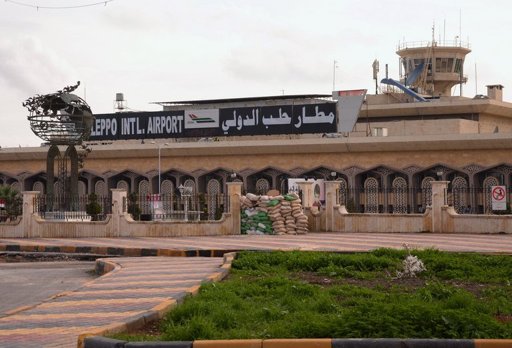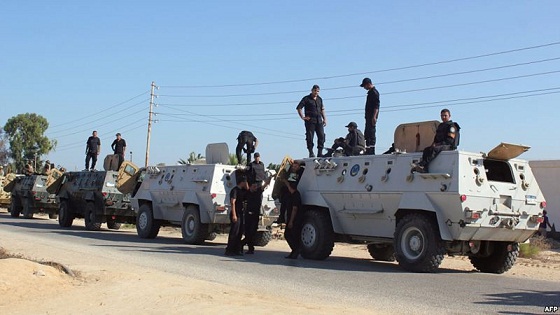Great Palestinian poet Mahmoud Darwish once wrote, “I could have dreamt a little too much and I could have lost all the memories, but in the celebration of his first memorial, hosted by Sawy Culture Wheel on Sunday, his fears proved to be unfounded as his memories were resurrected via his timeless, vivid poetry.
Known as “The Poet of the Palestinian Resistance, Darwish was one of the pioneers of modern Arabic poetry. The first annual remembrance of his death echoed loudly around the Arabic world.
In Ramallah, his burial place received flower bouquets from numerous noted Palestinian figures as well as hundreds of Palestinian citizens. The city is organizing a festival in his memory this Thursday.
The Bibliotheca Alexandrina commemorated Darwish with a series of lectures and a concert by Mohamed Abdel Mohsen performing the poet’s most famous songs, accompanied by oud, piano, and percussion, in addition to a set of recitals of his poems.
The Culture Wheel’s celebration was similarly comprised of music and poetry. As Abdel-Rahman Rashad, vice president of Egyptian broadcasting’s general program, described it in his introductory ode to the poet, it was “a night where words embraced melodies.
The minimal sky-like décor, adorned with a few stars and a lonely moon hanging over a large piano, set the mood for a truly memorable evening attended by a multitude of Darwish’s fans.
Darwish’s poetry seamlessly mixes his passion for his home country with flirty verse topped with some metaphysical wanderings all wrapped in the grandeur of his perfect command of Arabic. The organizers must have probably found it difficult when it came to the selection of poems to be presented. Darwish’s greatest technical accomplishment lies in his imagery and metaphors that changed with every new published collection.
The trio of reciters, Ayman Masoud, Mohamed Mansour, and Mostafa Ali, kicked off the night with “Atool Ala Ma Oreed (“I Peer at What I Wish For ) before giving a show-stopping, exhilarating synchronized performance of the self-reflective “Laeeb Al-Nard (“The Dice Thrower ) and ending the evening with the tragic “Saqt Al-Qetar ‘An Al-Khareta (“The Train Has Fallen Off the Map ).
At several instances throughout the evening, the line between poetry and theater was blurred.
Although the accompanying piano of the opening set was more spacey than expected, it did occasionally fit the mood of the evening when the pianist resorted to slow short strings of one or two notes. In between the recitals, the piano branched into further improvised solos were offbeat to say the least.
At the end of the first set, a recording of Darwish’s haunting voice reciting some of his verses was presented. “This is my language, his voice heavily reverberated, “I am my language. I am what the words say.
In place of an intermission, a 20-minute documentary film about Darwish was shown on a small screen at the center stage. The vaguely outlined, jumbled film served was simply a distraction from the main program, throwing scarce intriguing statements to ponder at every now and then.
The second and more harmonious part of the evening focused more on the poetry, this time with Arabic music in the background. The House of Arabic Oud graced the stage with two talented musicians: the Juan Farhan Al-Ali from Syria on oud and saz (a long necked stringed instrument of the lute family) and Ali Shaker Al-Biati from Iraq on qanoon.
The music the duo performed felt like a reflection on the emotions the poetry masterfully put on words. At the end of the evening, many agreed with one of the reciters who noted with a smile that it’s perhaps not wise after listening to such beautiful poetry to speak in prose at all.
August 9 is a day that shall not be forgotten by Arabic poetry lovers, as we hope that at the same time every year; Darwish will come to life again through his words.


